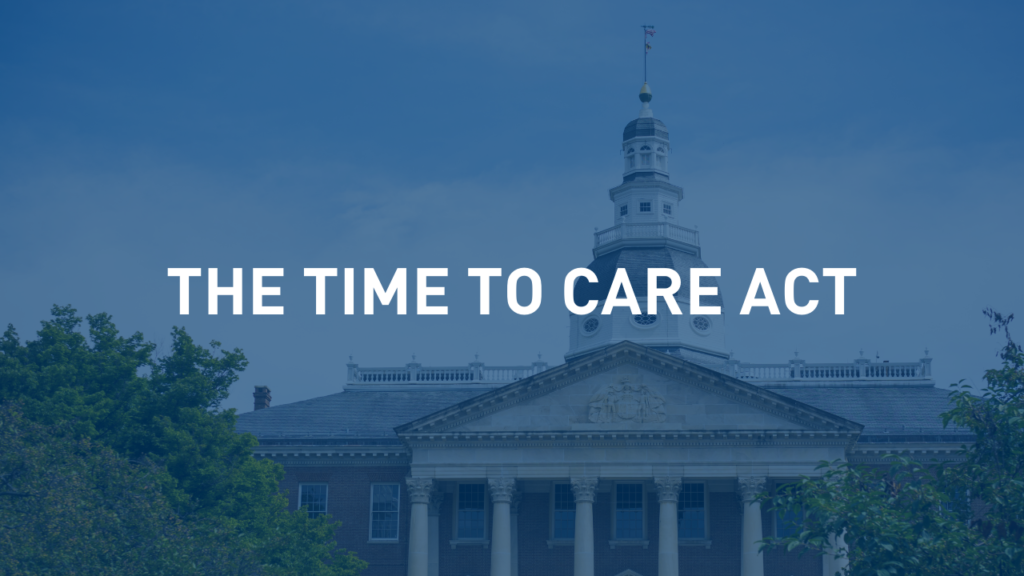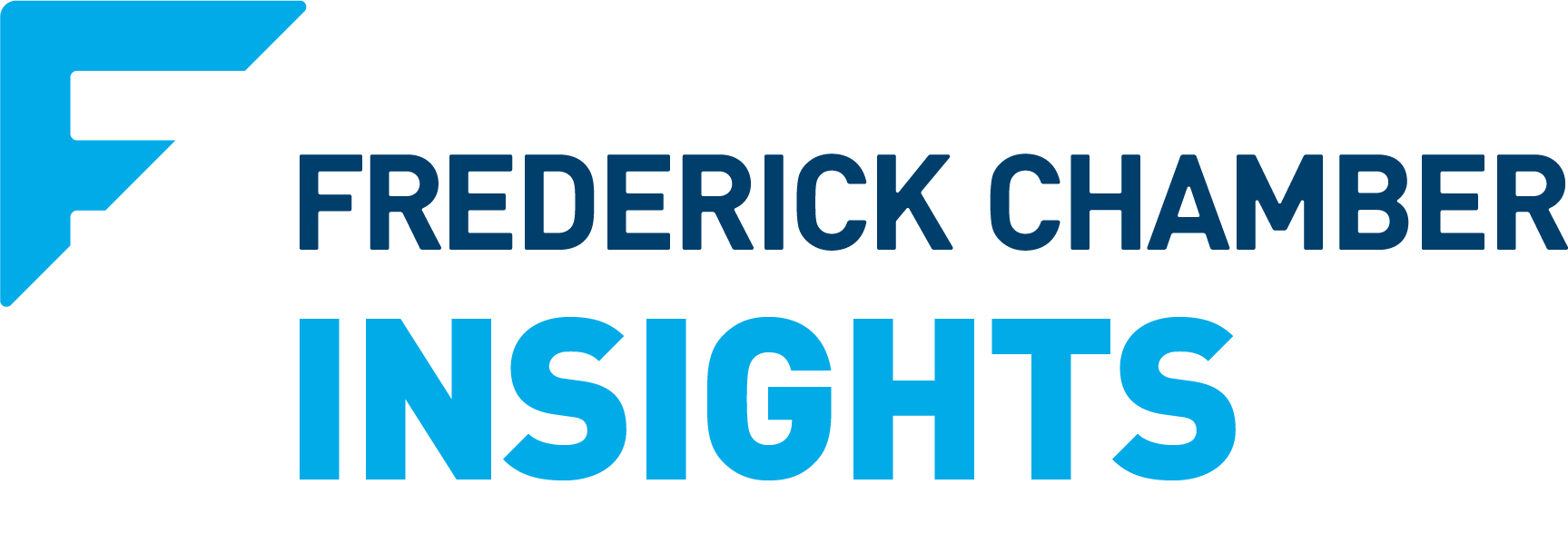On Wednesday, March 30, the House of Delegates gave final approval to a paid family and medical leave program that would cover most Marylanders but does not specify how much employers and workers would have to contribute until an analysis is complete.
The Time to Care Act, sponsored by Sens. Antonio Hayes (D-Baltimore City) and Joanne Benson (D-Prince George’s), would offer Marylanders 12 weeks of partially paid family leave each year to care for themselves after a serious health issue and up to 24 weeks of paid leave for new parents.
Under this bill, depending on their pay, Marylanders — who worked either part-time or full-time for at least 680 hours in the last year — would receive a partial wage replacement of between $50 and $1,000 a week during their leave. This insurance program would be funded by both employers and workers, with the exact contribution from each to be determined from a cost analysis completed by the Department of Labor once every two years starting later this year.
More specifically, the Department of Labor would be required to determine the contribution rate and the cost share between employers and workers to ensure a solvent paid family insurance program. The first study will be completed by December 2022, intentionally before the next legislative session begins in order to give lawmakers time to tweak the program before employers and workers are required to start contributing into the fund in October 2023.
The Senate had passed a bill that required workers to contribute 75% of the program costs and employees to pay 25%, but under the amended bill, the cost share could be anywhere between a 75/25 split with workers paying more and a 25/75 split with workers paying less, depending on the Department of Labor’s analysis.
The House Bill offers a few changes to the Senate’s proposal. The House had added provisions in an effort to protect small businesses by excluding employers with 14 employees or less from having to contribute to the paid leave insurance fund. However, their employees would still be eligible to participate.

Under this measure, employers could terminate workers if their absence causes a substantial economic hardship on the business, which would mean that the worker could no longer receive benefits from the family leave insurance program and would become eligible for unemployment benefits. The House also added a provision to the measure that would require employees to exhaust all their paid leave provided by their employer before they can claim benefits from the paid family leave insurance fund.
Business groups like the Maryland Chamber of Commerce and National Federation of Independent Businesses pointed out that:
- Most businesses offer supportive programs for family leave anyway, so another state-mandated benefit was redundant and punitive
- As small businesses are struggling to recover from the economic impact of the pandemic, adding what is essentially a new payroll tax couldn’t come a worse time
- The Maryland Department of Labor is already struggling to deal with new Unemployment Insurance mandates and workforce reintegration, so adding this new workload would just overburden an already overworked agency
- Authorizing a new leave mandate, while awaiting an agency study of the cost-share between worker and employer suggests that the scales will tilt towards the worker and away from the business owner.
Republican members of the House proposed fourteen (14) amendments to the bill, yet only one, specifying that the Dept. of Labor needed to produce “standard notices” for employers, was accepted by the Democrat Party majority.
Legislative observers expect the House and Senate to quickly resolve any policy differences between the two chambers in a matter of days, either by the Senate accepting the House changes or via a conference committee of supporters of a paid leave expansion.
Complaints about the “rushed” nature of the debate and vote were justified by the majority party’s desire to get a bill passed through the General Assembly and to Governor Hogan for his signature OR veto, which would allow them enough time to override a veto before the end of Session in mid-April.
– Rick Weldon, President & CEO
Source: MaylandMatters.com article by Elizabeth Shwe, 3/31/22
Frederick Chamber Insights is a news outlet of the Frederick County Chamber of Commerce. For more information about membership, programs and initiatives, please visit our website.

